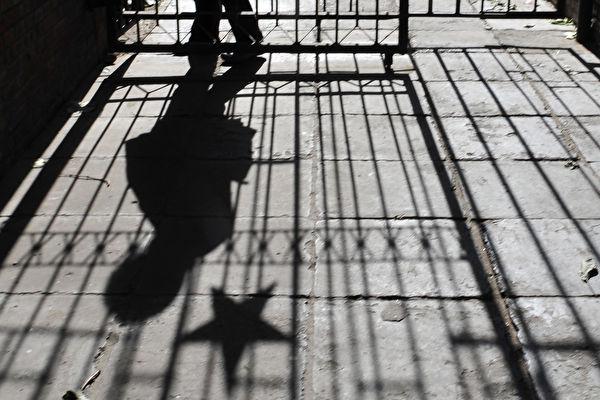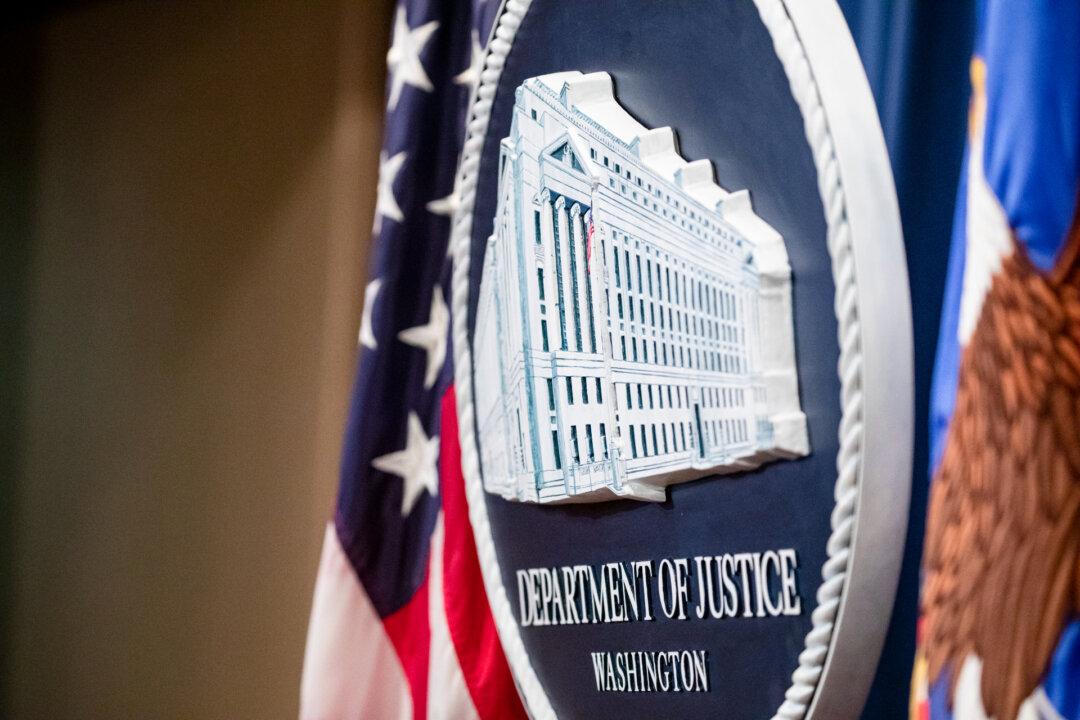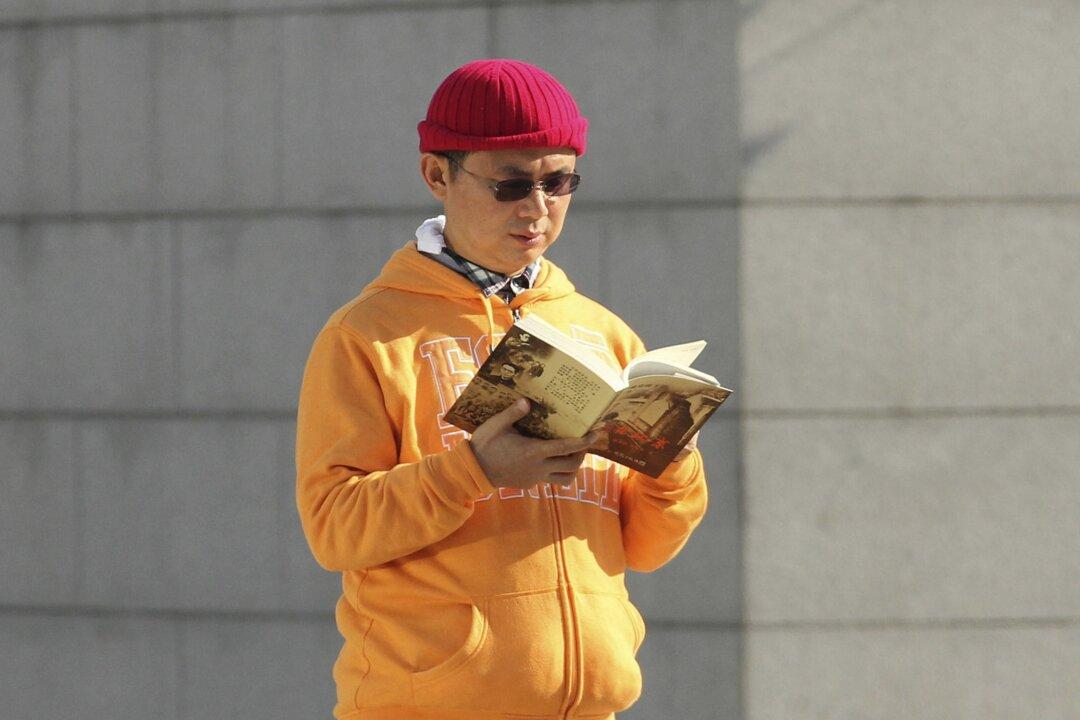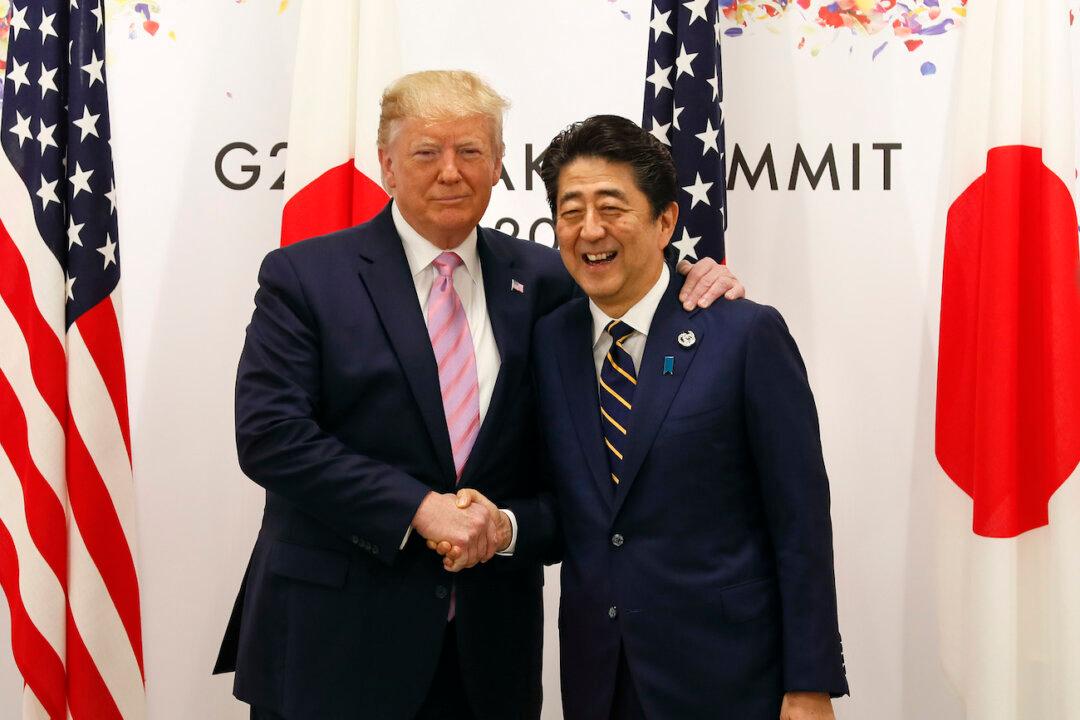Over the years, the Chinese Communist Party (CCP) has bragged about its “Four Self-Confidences” doctrine of believing in its path, theory, system, and culture. The concept has been brandished in Chinese state media and was also added to the Party’s constitution in 2017 at its 19th conclave.
But schools are worried that Party indoctrination was not sufficient among students and urged staff to monitor their activities closely, according to a series of documents obtained by The Epoch Times from several universities in China’s northeastern Heilongjiang Province. Aware of the CCP’s ideological crisis, schools issued instructions to monitor students’ online speech, on-campus discussions, and family relations in order to ensure ideological uniformity.





